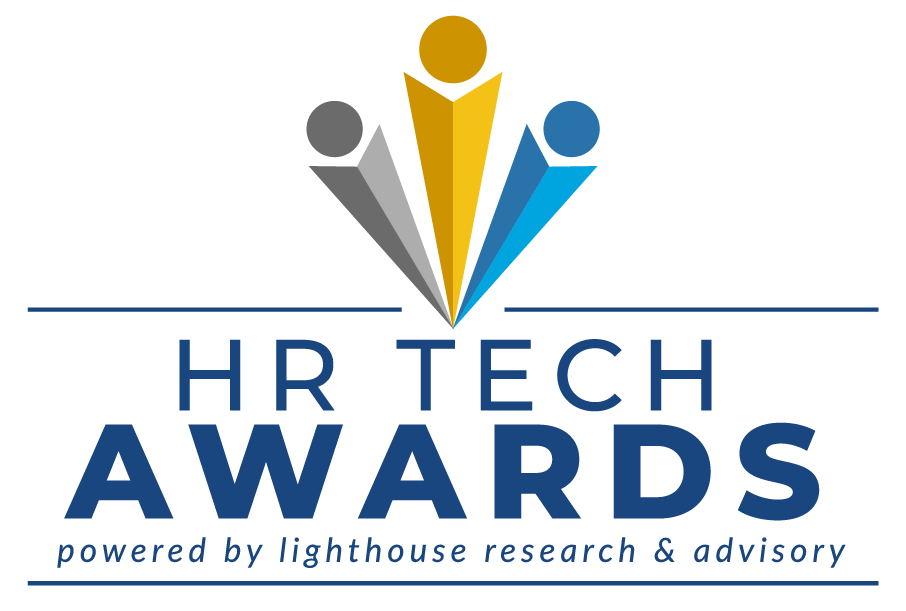SkyHive 2023 HR Tech Awards Case Study

About the Company
SkyHive is a Certified B Corporation and software provider of global workforce intelligence technology, optimizing labor market efficiencies in real-time for companies, communities, and national economies.
Like the DNA of the human genome was coded, SkyHive has coded human capability. By doing so, governments, large enterprises, and educational institutions can reskill the globe.
SkyHive has pioneered Quantum Labor Analysis® — breaking down skills into is smallest parts — for the rapid reskilling of workers and communities. This patent enables the ability to generate skill data through machine learning.
The groundbreaking and broad patent means that SkyHive has patented the intellectual property that uses machine learning to generate skills.
This isn’t a patent sitting on a shelf. Fortune 500s like Merck, Global 2000s, educational institutions like La Cite in Canada, and governments on multiple continents (such as in New York, link) are quickly adopting SkyHive to power the future of work at its most granular level: skills. This technology is used to reskill employees worldwide, based on their desired career goals and those of their employers. It’s being used to hire people and end the bias of favoring people with elite degrees. And it’s being used to make business decisions based on AI-driven labor market intelligence.
SkyHive created a Human Capital Operating System, which enables us to bring the deepest intelligence available in the world today to existing HR technologies. It provides visibility into the changes happening in the world labor economy at the most updated granular level available.
SkyHive worked with over a hundred organizations to evaluate, design, and launch this journey to be skill-based across their technology landscape and refine this technology.
This Human Capital Operating System unlocks a treasure-trove of data across an organization. It can be used as an end-to-end SaaS, or with existing systems as a Platform as a Service.
Click here to read the full case study

Ben Eubanks is the Chief Research Officer at Lighthouse Research & Advisory. He is an author, speaker, and researcher with a passion for telling stories and making complex topics easy to understand.
His latest book Talent Scarcity answers the question every business leader has asked in recent years: “Where are all the people, and how do we get them back to work?” It shares practical and strategic recruiting and retention ideas and case studies for every employer.
His first book, Artificial Intelligence for HR, is the world’s most-cited resource on AI applications for hiring, development, and employee experience.
Ben has more than 10 years of experience both as an HR/recruiting executive as well as a researcher on workplace topics. His work is practical, relevant, and valued by practitioners from F100 firms to SMB organizations across the globe.
He has spoken to tens of thousands of HR professionals across the globe and enjoys sharing about technology, talent practices, and more. His speaking credits include the SHRM Annual Conference, Seminarium International, PeopleMatters Dubai and India, and over 100 other notable events.
